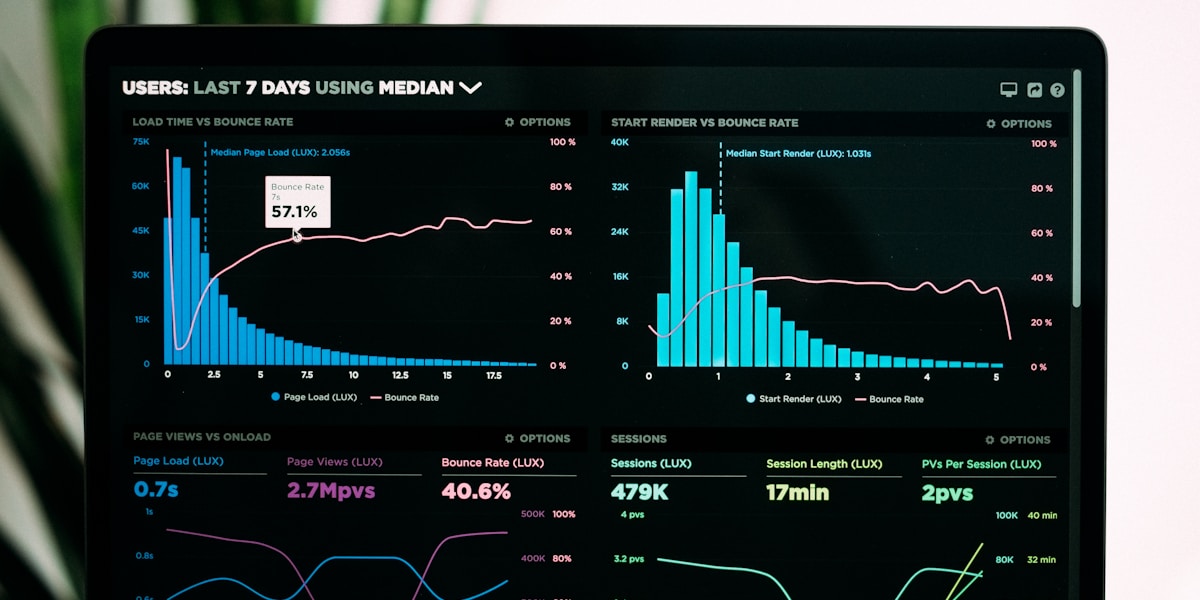Introduction
The back-to-school season represents one of the most significant retail opportunities of the year, second only to the holiday shopping period. With U.S. back-to-school spending reaching $37.1 billion in 2021 according to the National Retail Federation, retailers and educational suppliers are seeking innovative ways to capitalize on this crucial sales window. Artificial Intelligence (AI) powered sales automation has emerged as a game-changing solution, enabling businesses to streamline operations, personalize customer experiences, and maximize revenue during this intensive shopping period.
The integration of AI technology in sales processes has become increasingly vital as consumer behaviors continue to evolve, with 73% of shoppers now using multiple channels during their back-to-school shopping journey. This shift demands sophisticated solutions that can handle complex data analysis, predict purchasing patterns, and deliver personalized experiences at scale. AI-powered sales automation addresses these challenges while providing retailers with powerful tools to enhance efficiency and drive sales growth.

Understanding AI-Powered Sales Automation
AI-powered sales automation combines machine learning algorithms, natural language processing, and predictive analytics to transform traditional sales processes into intelligent, data-driven operations. This technology analyzes vast amounts of historical sales data, customer behavior patterns, and market trends to provide actionable insights and automate routine tasks. During the back-to-school season, these systems can predict demand for specific products, optimize inventory levels, and create targeted marketing campaigns based on previous years' performance and current market conditions.
The foundation of AI sales automation rests on three key pillars: data collection and analysis, predictive modeling, and automated execution. Advanced algorithms continuously learn from customer interactions, sales patterns, and market dynamics to refine their predictions and recommendations. This learning capability enables retailers to anticipate trends, adjust strategies in real-time, and deliver personalized experiences that resonate with different customer segments – from parents buying elementary school supplies to college students purchasing technology equipment.
Key Benefits of AI-Powered Sales Automation
Enhanced Customer Personalization
AI systems analyze customer data to create detailed buyer personas and personalized shopping experiences. Studies show that personalized recommendations can increase conversion rates by up to 150%. During the back-to-school season, AI can segment customers based on factors such as grade level, school requirements, and previous purchase history to deliver tailored product suggestions and promotional offers.
Improved Inventory Management
Predictive analytics help retailers optimize their inventory levels by forecasting demand for specific products across different regions and time periods. This capability reduces stockouts and overstock situations, with some retailers reporting a 20-30% reduction in inventory costs after implementing AI-powered systems.
Automated Marketing Campaigns
AI automation enables the creation and execution of sophisticated marketing campaigns that adapt to customer behavior in real-time. These systems can automatically adjust email content, social media posts, and promotional offers based on performance metrics and customer engagement patterns, resulting in up to 40% higher conversion rates compared to traditional marketing approaches.

Implementation Guide for Retailers
Successfully implementing AI-powered sales automation requires a systematic approach that begins with data preparation and system integration. The first step involves auditing existing sales data and ensuring it's properly structured for AI analysis. This includes consolidating customer information, purchase histories, and inventory data from various sources into a unified database that can feed into the AI system.
Next, retailers should focus on selecting and implementing the right AI tools based on their specific needs and objectives. This might include:
- Customer relationship management (CRM) systems with AI capabilities
- Inventory management solutions with predictive analytics
- Marketing automation platforms with AI-powered personalization
- Sales forecasting tools using machine learning algorithms
The final implementation phase involves training staff on the new systems and establishing monitoring mechanisms to track performance and ROI. Regular assessment of key performance indicators (KPIs) helps ensure the system is delivering expected results and allows for necessary adjustments during the back-to-school season.
Common Challenges and Solutions
While AI-powered sales automation offers significant benefits, retailers often face several challenges during implementation and operation. Data quality and integration issues can impact system performance, requiring robust data cleaning and standardization processes. Privacy concerns and compliance requirements, particularly when handling student and family information, necessitate careful attention to data security measures and regulatory compliance.
To address these challenges, retailers should invest in comprehensive data management solutions, establish clear privacy policies, and work with experienced technology partners who understand both AI implementation and retail industry requirements. Regular system audits and updates help maintain optimal performance and ensure compliance with evolving regulations.
Conclusion
AI-powered sales automation represents a crucial investment for retailers looking to maximize their back-to-school sales performance. The technology's ability to deliver personalized experiences, optimize inventory management, and automate marketing campaigns provides a significant competitive advantage in an increasingly complex retail landscape. As consumer expectations continue to evolve and competition intensifies, the adoption of AI-powered solutions becomes not just an option but a necessity for sustainable success.
Retailers should begin their AI implementation journey by assessing their current capabilities, identifying key areas for improvement, and developing a phased approach to integration. With proper planning and execution, AI-powered sales automation can transform the back-to-school shopping experience while driving substantial improvements in efficiency and profitability.

